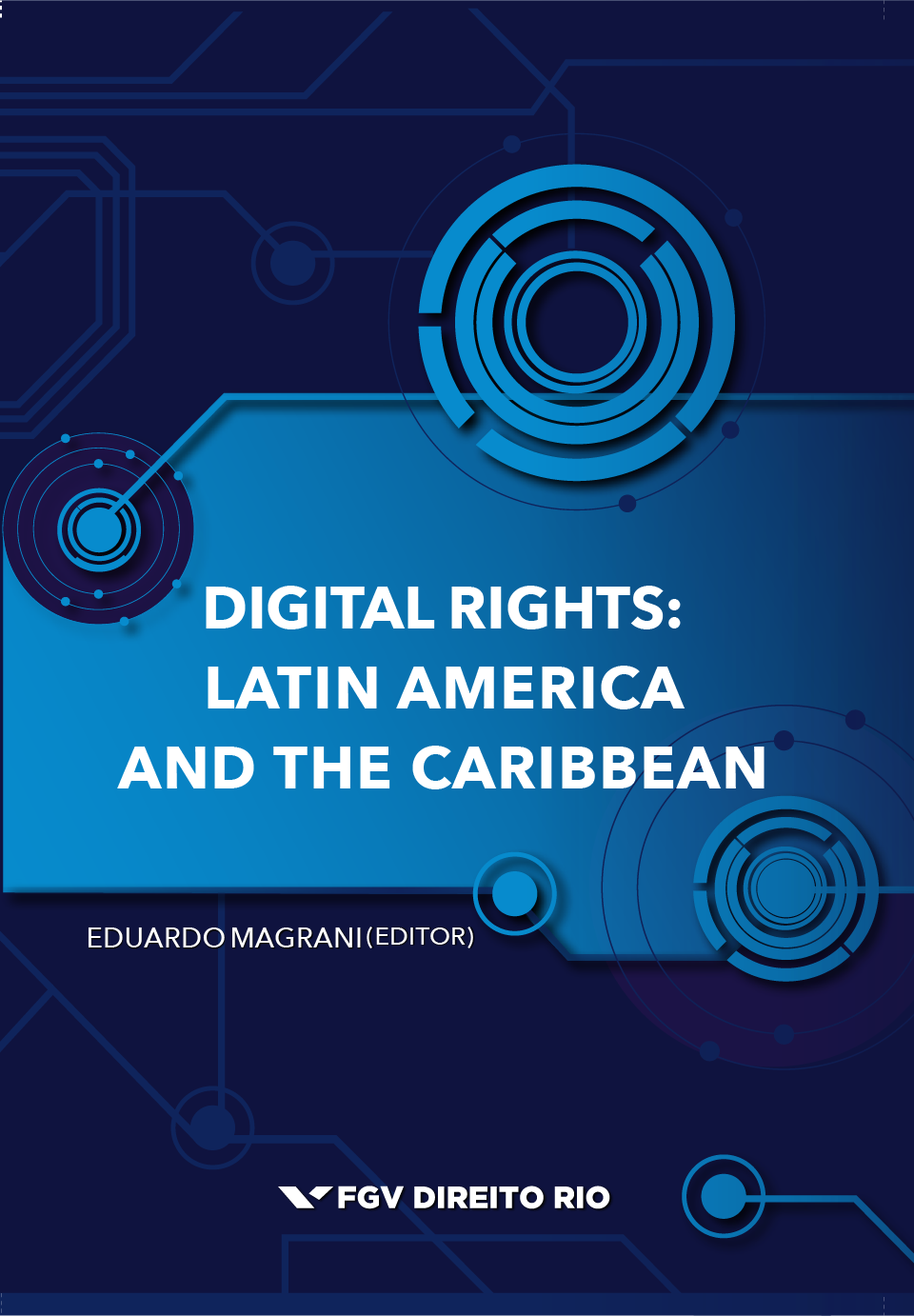BIOGRAPHY
Doctor of Laws (Ph.D. in Law).
Post Doctor at the Munich Center for Technology and Society of the Technical University of Munich (TUM).
Affiliate at the Berkman Klein Center for Internet & Society at Harvard University.
Partner at Demarest Advogados on Data Protection, Cybersecurity and Intellectual Property.
Senior Fellow at the Konrad Adenauer Stiftung / KAS in Germany, on the European and International Cooperation Program for Global Innovation Policy, Digitalization and Artificial Intelligence.
Professor Doctor of Law and Technology and Intellectual Property at FGV Law School (Getulio Vargas Foundation), IBMEC and Pontifical Catholic University of Rio de Janeiro (PUC-Rio) in Brazil. Invited Professor of Internet of things at the Portuguese Catholic University and Digital Rights Advisor at Lisbon University.
President of the National Institute for Data Protection in Brazil.
Associate Researcher and Senior Consultant on Digital Rights at LATAM Digital Center in Mexico.
Associate Professor and Senior Consultant at Institute CESAR and Universidade Regional Integrada do Alto Uruguai e das Missões (URI) on Data Protection, Digital Democracy, Internet of Things, Intellectual Property and Artificial Intelligence.
Senior Fellow / Visiting Researcher at the Alexander von Humboldt Institute for Internet and Society in Berlin (Humboldt Institut für Internet und Gesellschaft – HIIG) (2017).
Coordinator of the Institute for Internet and Society of Rio de Janeiro – ITS Rio (2017-2019).
Researcher and Project Leader at FGV Law School (Getulio Vargas Foundation) in the Center for Technology & Society (2010-2017).
Author of the books “The Internet of Things” (A Internet das Coisas, 2018), “Among Data and Robots: Ethics and Privacy in the Age of Artificial Intelligence” (Entre Dados e Robôs: Ética e Privacidade na Era da Inteligência Artificial, 2019), “Digital Rights: Latin America and the Caribbean” (2017), “Present Horizon: Technology and Society in Debate” (Horizonte Presente, Tecnologia e Sociedade em Debate, 2018) and “Connected Democracy” (Democracia Conectada, 2014).
Associated Researcher at the Law Schools Global League and Member of the Global Network of Internet & Society Research Centers. Member of German-Portuguese Law Association (Tagung der Deutsch-Lusitanischen Juristenvereinigung).
Ph.D. in Law and Master of Science (M.Sc. / Master of Philosophy – M.Phil. in Law) in Constitutional Law at the Pontifical Catholic University of Rio de Janeiro (PUC-Rio) with a thesis on Digital Democracy, Internet of Things and Artificial Intelligence through the lenses of Privacy Protection and Ethics. Bachelor of Laws (LL.B) at Pontifical Catholic University of Rio de Janeiro (PUC-Rio), with academic exchange at the University of Coimbra and Université Stendhal-Grenoble 3.
Coordinator of the Project “Digital Rights: Latin America and the Caribbean”, alongside with prestigious Latin American organizations (2012-2017).
Coordinator of Creative Commons Brazil and Access to Knowledge Project (2012-2017).
Lawyer and founding Partner of the Law Firm “Magrani e Pragmácio Advogados“.
Project Lead Researcher, acting actively on Internet regulation, Digital Rights, Data Protection, Artificial Intelligence, and Intellectual Property fields for more than ten years, Magrani was also one of the developers of Brazil’s first comprehensive Internet legislation: Brazil’s Internet Bill of Rights (“Marco Civil da Internet”).



































